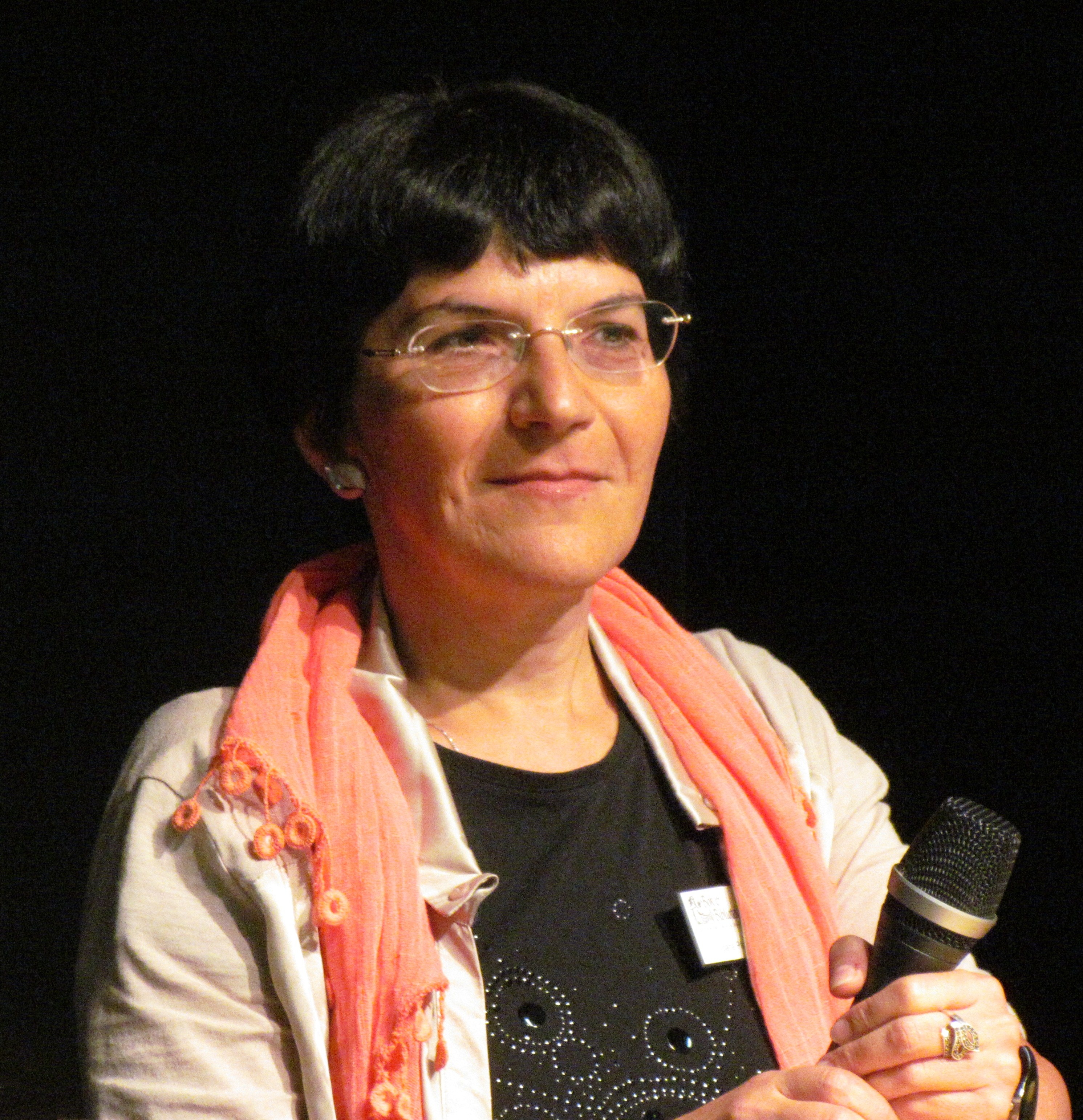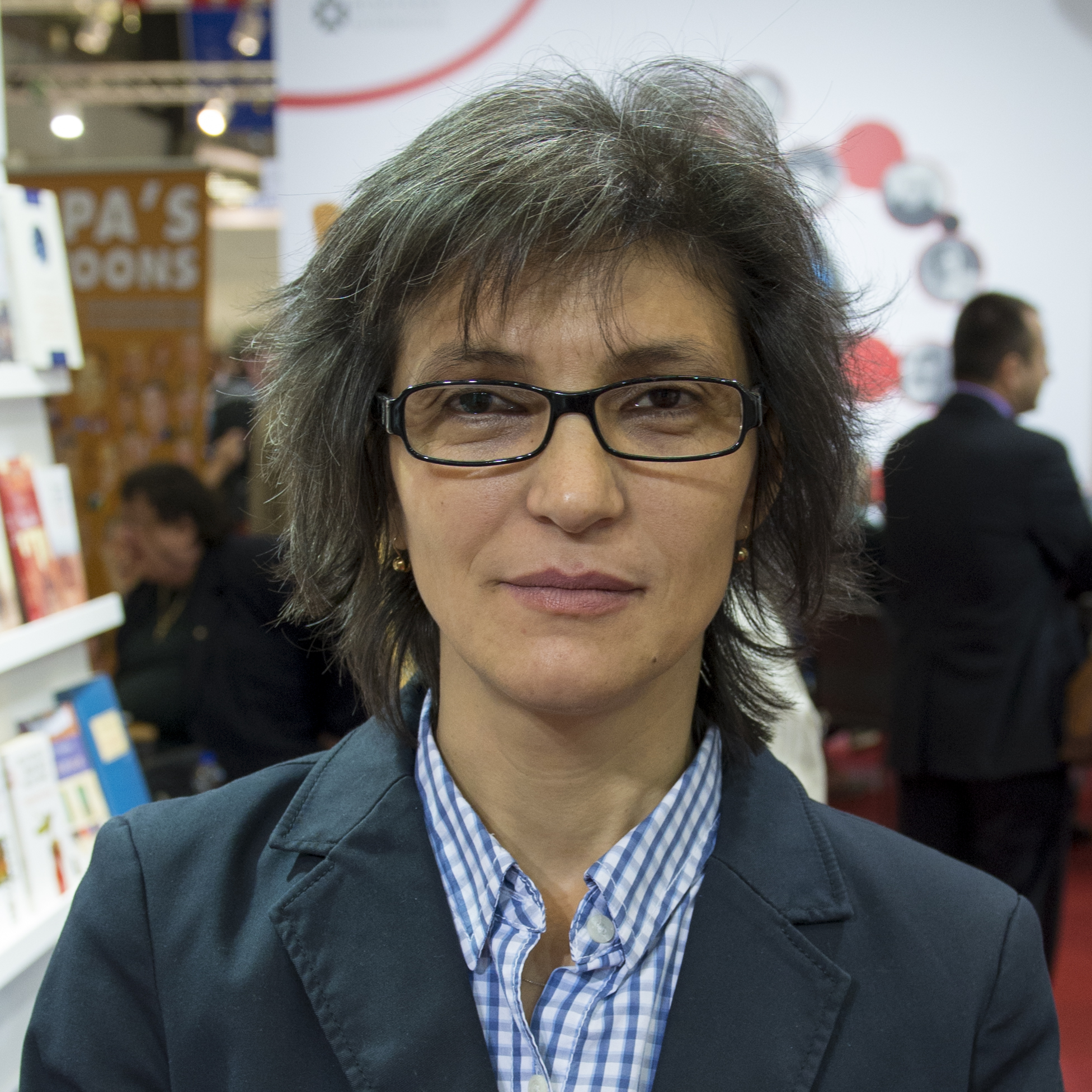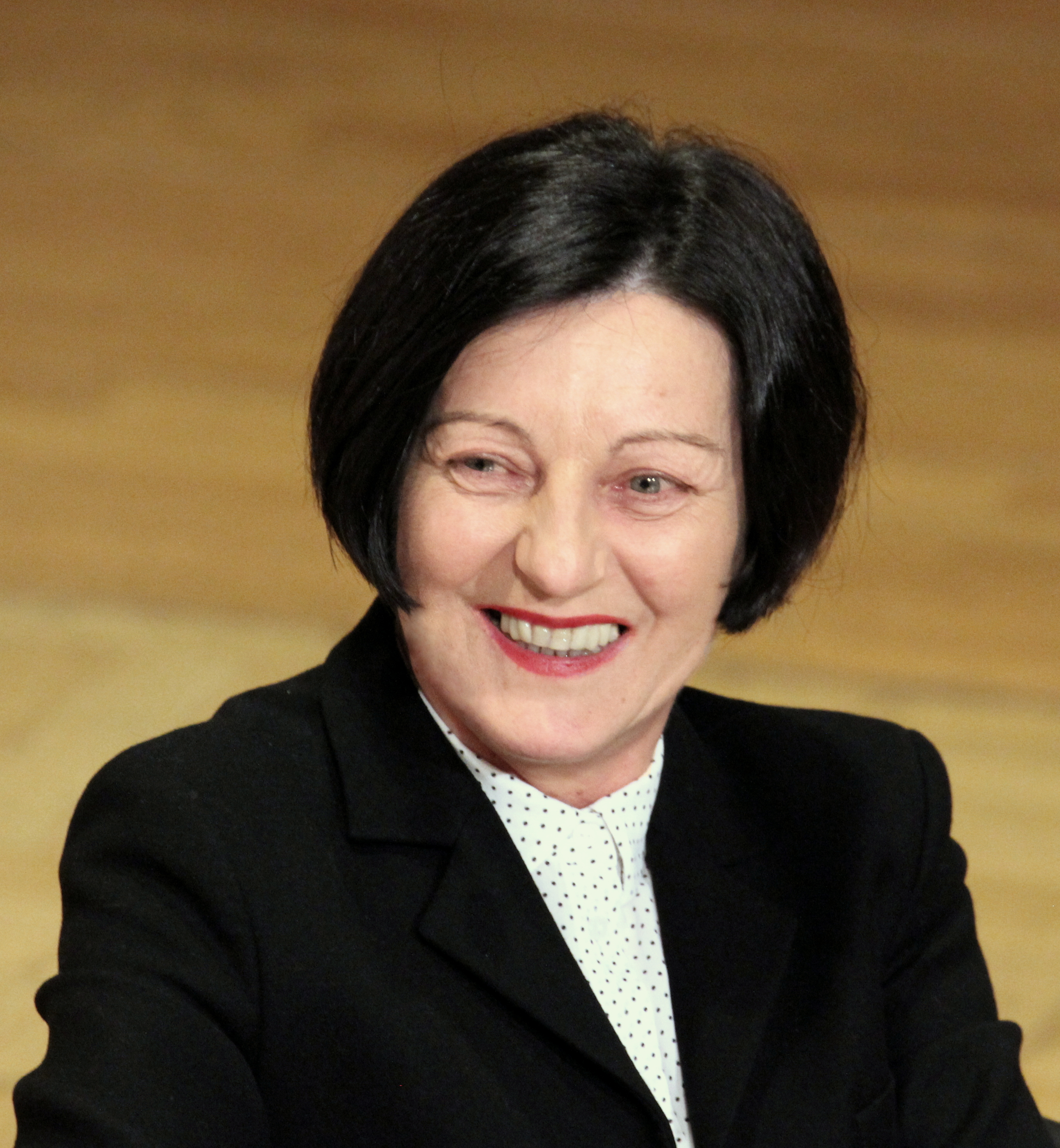Discover the best Romanian authors with our guide, which will surprise you with how well these authors depict Romanian life.
Romania’s rich literary tradition spans centuries, dating back to the Middle Ages. During the 19th century, Romania experienced a cultural and literary revival known as the “National Awakening.” This period saw the emergence of a new generation of Romanian writers, including Mihai Eminescu, considered Romania’s national poet, who wrote poetry and prose that celebrated the beauty and history of the Romanian people and their land.
The ramifications of Romania’s troubled past are still very much apparent in the lives of its current population. In Romanian literature, significant historical events and themes such as love, maturation, and loss are depicted in ways that are not constrained by either time or geography.
If you are interested in Romania, these fantastic books by the best Romanian authors will acquaint you with its rich history and contemporary social dialogue while providing memorable narratives and characters. For more reading recommendations, check out the best Argentine authors.
Contents
- Here Are The 10 Best Romanian Authors
- 1. Gabriela Adameșteanu, 1942 –
- 2. Mircea Cărtărescu, 1956 –
- 3. Filip Florian, 1968 –
- 4. Dan Lungu, 1969 –
- 5. Ioana Pârvulescu, 1960 –
- 6. Florina Ilis, 1968 –
- 7. Camil Petrescu, 1894 – 1957
- 8. Herta Müller, 1953 –
- 9. Ionel Teodoreanu, 1897 – 1954
- 10. Elie Wiesel, 1928 – 2016
Here Are The 10 Best Romanian Authors
1. Gabriela Adameșteanu, 1942 –

Gabriela Adameşteanu is a Romanian author, essayist, and journalist. Memory is a significant component of the realism writing style that she uses, and the time frame of her stories moves back and forth between the problematic past and the present. Her most acclaimed novel is Wasted Morning, which has been translated into several languages.
Despite the controversial subject matter and the censorship, the novel was an instant hit when it was originally published in Romania in 1984. It spans seven decades, beginning in 1914 and ending in the middle of the 1980s. The book is a historical tour de force and a psychological study simultaneously. It begins in a tremendously productive Bucharest during the interwar period and ends with the conclusion of the Golden Era of Ceausescu’s rule.
2. Mircea Cărtărescu, 1956 –

Mircea Cărtărescu is a Romanian poet, novelist, and literary critic, acknowledged by both readers and critics as the most significant contemporary Romanian author. With an amazing body of work translated into more than 20 languages, he has been regarded for many years as the first Romanian author who may win the Nobel Prize in literature. His most recent significant work, Solenoid, is the autobiographical tale of Cărtărescu’s experience as a teacher.
Another one of his significant works is Blinding. Blinding is a trilogy and has the structure of a butterfly with a body and two wings. The story is a hallucinogenic journey through the protagonist’s infancy and adolescence in a phantasmagoric Bucharest filled with memories, chimeras, and dreams. The first half of the trilogy was translated into English and released to much acclaim from American publishers.
3. Filip Florian, 1968 –

Filip Florian was born in Bucharest, Romania, where he studied geology and geophysics at university. He worked as a journalist for several years, including a stint as a correspondent for Deutsche Welle. In 1999, he decided to become a writer, and his first novel, Little Fingers, was published in 2005. His second novel, Days of the King, was also released to critical acclaim.
Days of the King is a classic Hero’s Journey tale. Joseph Strauss, a doctor and bachelor who patronized the brothel Eleven Titties and the beer cellar Der Große Bar exits Prussia in the spring of 1866 to follow a captain of dragoons to Bucharest. The officer was on his way to seize the throne of the United Principalities of Romania at that time. The threat of war looms large in central Europe, but a unique tomcat, which serves in some ways as a guardian angel, enables the protagonist to triumph over any perils.
4. Dan Lungu, 1969 –

Dan Lungu is a prolific Romanian author born in Bacău, Romania. Although only one of his books, I’m an Old Commie, has been translated into English, it did have near-instant success and was later adapted into a movie. Lungu is best known for his novels and short stories, which often focus on the themes of memory and identity. He made his literary debut in 1999 with the novel Excess Baggage, which received the Romanian Academy Prize for debut fiction. Lungu has since published several other novels, including The Hell of Chickens, Gypsy Heart, and Don’t Forget Your Liver.
He also writes essays and articles on literature, culture, and politics and is a translator of Romanian literature into German. Dan Lungu is considered one of the most significant contemporary Romanian authors and is praised for the unique style he brings to Romanian literature.
5. Ioana Pârvulescu, 1960 –

Novelist, editor, educator, and translator Ioana Pârvulescu has won the European Union Prize for Literature twice, most recently in 2018 for her short tale, A Voice, a two-perspective compelling narrative on freedom. Life Begins on Friday, another award winner, was published by Istros Books in 2016 in Alistair Ian Blyth’s translation and many other languages.
The novel is a lovely tale set towards the end of the 19th century about a man who appears to have landed on Bucharest’s cold streets from the future. The novel’s protagonists are time and the city, despite its colorful ensemble of personalities who intertwine.
With a keen eye for detail, a solid knowledge of history, and two previous nonfiction books about Bucharest to her name, she vividly reconstructs Belle Époque Bucharest. She argues that the 1900s were the best era, not only for Bucharest but for humanity, when people were delighted and curious about the present and had faith in the future and looked forward to it.
6. Florina Ilis, 1968 –

Ilis, born in 1968 and possessed a doctorate in philology, began writing at a young age. She released her first book as a young woman, a haikus collection. This is thought to be a result of her deep interest in Japanese culture. Ilis went on to write several books, her most famous being La Crociata dei Bambini, but she also wrote plays and essays.
Cruciada Copiilor, her most well-known work to date, was released in 2005 and was a significant success with both reviewers and fans, being hailed as the finest book of the year and receiving multiple accolades in Romania and abroad. With a nod to the infamous unsuccessful children’s crusade during medieval times, Florina Ilis’s story tracks a group of children and instructors as they take a train to the beach. With her words, Ilis paints a distinct and vivid portrait of a media-dominated society. The novel has thus far been translated into French, Spanish, Italian, Hungarian, Serbian, and Hebrew.
7. Camil Petrescu, 1894 – 1957

Camil Petrescu is a renowned Romanian novelist, poet, and philosopher. He laid the foundation for the modern novel era in the country. His works include the Procrustes’ Bed, A Man Amongst Men trilogy, and numerous dramas. Petrescu was twice awarded the State Prize of the Socialist Republic of Rumania. The most notable feat of his writing career was successfully transforming the classic novel into a genre. He was so prolific that he wrote and published more than a dozen essays, considered among the country’s most important pieces of critical literature.
Camil Petrescu was born in Bucharest in 1894. His father, Mihai Petrescu, was a mathematician and his mother, Elena, was an accountant. Both parents died early, and a nanny raised Petrescu in the Mosilor suburb. Petrescu was a member of the Romanian Academy of Letters. His first novel, Always There, was released in 1953. His book of poems, Patul Lui Procust, is available online. One of the more notable contributions by this prolific author was the ‘A Man Amongst Men’ trilogy, a series of dramas about tragic intellectuals.
8. Herta Müller, 1953 –

Herta Müller, a Romanian-born German novelist, poet, and essayist, won the 2009 Nobel Prize in Literature. Her writings have been translated into over twenty languages since the early 1990s. Müller is known for exposing the brutality, cruelty, and horror in the Socialist Republic of Romania under Nicolae Ceaușescu, which she lived through. Her works represent the modern history of the Banat and Transylvanian German minority. Her 2009 novel The Hunger Angel depicts Romania’s German minority’s forced labor in Soviet Gulags during Soviet rule.
Müller has received over twenty accolades, including the Kleist Prize, Aristeion Prize, the International Dublin Literary Award, and the Franz Werfel Human Rights Award. “With the concentration of poetry and the frankness of prose, she describes the landscape of the dispossessed,” the Swedish Academy said when it awarded her the Nobel Prize in Literature on October 8, 2009.
9. Ionel Teodoreanu, 1897 – 1954
Ionel Teodoreanu was a Romanian novelist, lawyer, and professor. He was born in 1899 in Iași, Romania, and died in 1964. He studied Law at the University of Iași and later became a professor of Civil Law at the same university. Teodoreanu’s literary career began in the 1920s with the publication of his first novel, La Medeleni, which was followed by two sequels.
This trilogy is considered a masterpiece of Romanian literature, and students widely read it. The trilogy gives a representation of the life of a Romanian rural community at the beginning of the 20th century. He also wrote other novels, such as Pădurea Spânzuraților, which describes the life and habits of a small rural community in Romania.
Teodoreanu was also a prominent member of Romania’s literary community, serving as president of the Romanian Writers’ Union from 1957 until he died in 1964. He received numerous awards for his work, including the Romanian Academy Prize in 1962.
10. Elie Wiesel, 1928 – 2016

Elie Wiesel was a Holocaust survivor, writer, and human rights activist. He was born in 1928 in Sighet, Romania, and died in 2016. During World War II. Wiesel, his family, and other Jewish residents of Sighet were taken to concentration camps, including Auschwitz and Buchenwald. Wiesel, his father, and one of his sisters were the family’s only survivors.
After the war, Wiesel traveled to France and studied at the Sorbonne. He began his career as a journalist and writer, and in 1955 published his memoir, “Night,” which described his experiences in the concentration camps. The book, translated into over 30 languages, is widely considered a classic of Holocaust literature and has been widely read by students.
He continued to write and publish books, including Dawn, Day, and The Accident. Throughout his life, Wiesel advocated for Holocaust education and human rights. He served on the U.S. Holocaust Memorial Council and received numerous awards for his work, including the Presidential Medal of Freedom and the Congressional Gold Medal. Looking for inspiration? Check out the best author quotes to inspire your writing!